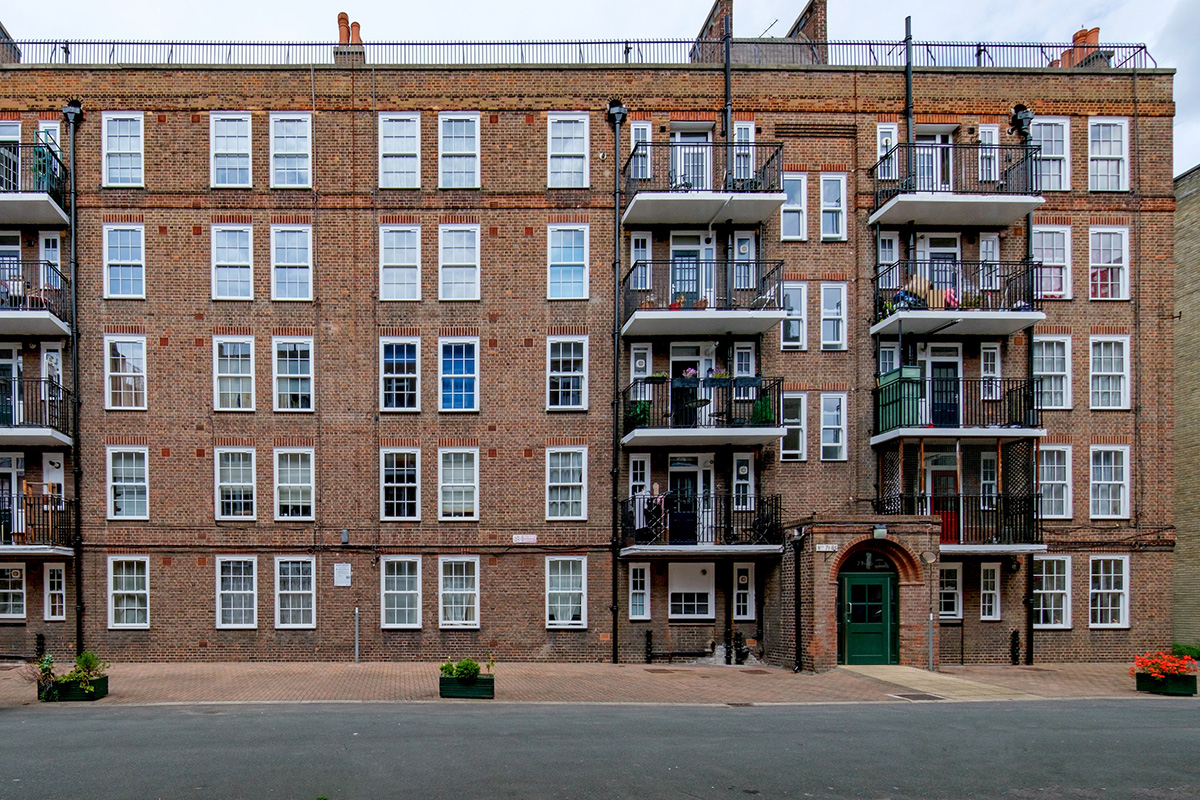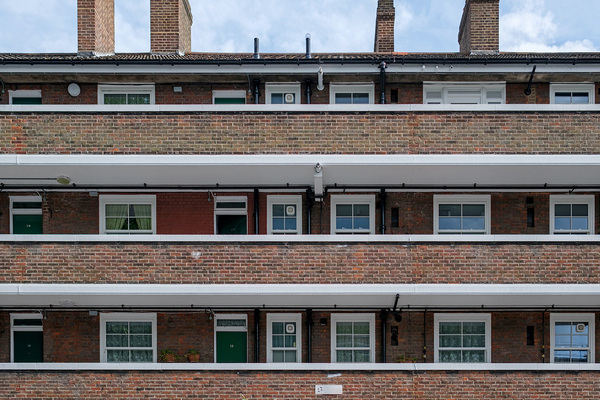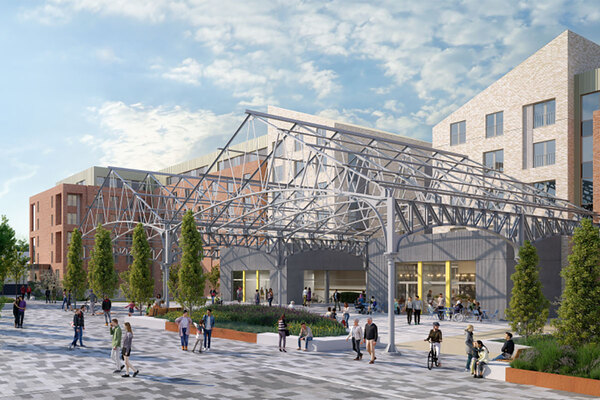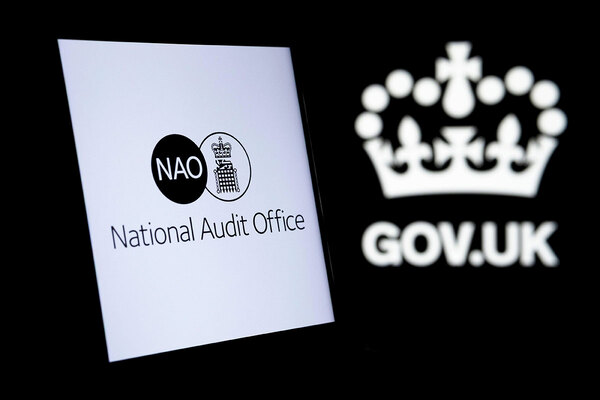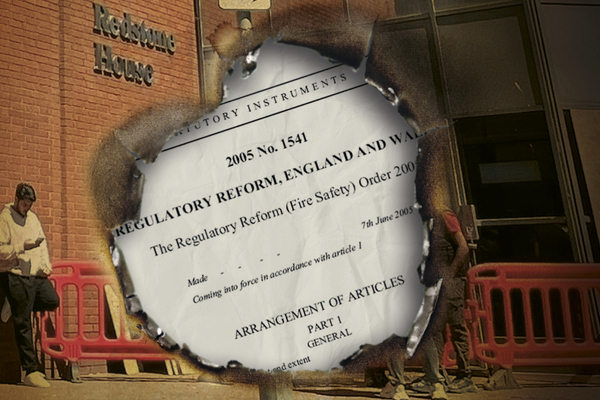You are viewing 1 of your 1 free articles
Social rents have fallen in real terms over past 10 years, report finds
Social rents have not kept up with inflation and instead fallen in real terms over the past 10 years, according to new analysis.
As the government is currently exploring changes to rent convergence, research by The Housing Forum showed that the average social rent did not rise to the same rate as inflation.
The industry member body also found that the total proportion of incomes paid by social renters has fallen from 29.2% to 26.4%.
The average rent in 2014 was £92.30 per week and has risen to £109.44. If it had followed inflation, rent would have been £123.73 by the end of 2024.
Analysis of data spanning the 10-year period also indicated that the proportion of social tenants who found it difficult to afford rent fell from 41% in 2013-14 to 28% in 2023-24.
However, Housemark warned that if just 5% of the UK government’s planned welfare cuts result in unpaid rent, arrears for social landlords could rise by as much as £240m.
The Housing Forum claimed the fall in price can be explained by shifts in government policy on social rent targets, notably between 2016 and 2020 when a 1% annual cut was introduced.
Rent convergence had been a key policy demand from large housing associations ahead of the Spending Review. The mechanism allows housing associations to gradually raise rents that are below the earnings-linked social rent formula, so people pay a similar rent for similar properties.
The government published an an impact assessment on rent convergence that set out three options last month: do nothing, £1, or £2 convergence.
For the £2-a-week convergence (on top of the rent settlement of Consumer Price Index plus 1%), the estimated additional cost to social housing tenants who pay their rent without assistance from housing support (approximately one third), or are subject to the benefit cap or removal of the spare room subsidy, will pay around £2bn more in rent over the period 2026-36.
Anna Clarke, director of policy and public affairs at The Housing Forum, said: “We know social landlords are always concerned about affordability and the costs of living for their tenants.
“However, our analysis shows that social rents have fallen quite significantly in the last 10 years, and form a lower proportion of tenants’ incomes. This is nice for tenants, but has put a lot of strain on the finances of social landlords.
“Many social landlords find that their rental income is insufficient to fund their spending on repairs and maintenance, let alone to build new housing. We were therefore pleased to see the government’s proposals to allow rents to gradually increase towards their target level.
“Rent convergence also means that the rents are fairer, with social tenants in similar properties paying the same rent.”
Sign up for our development and finance newsletter
Already have an account? Click here to manage your newsletters
Latest stories
